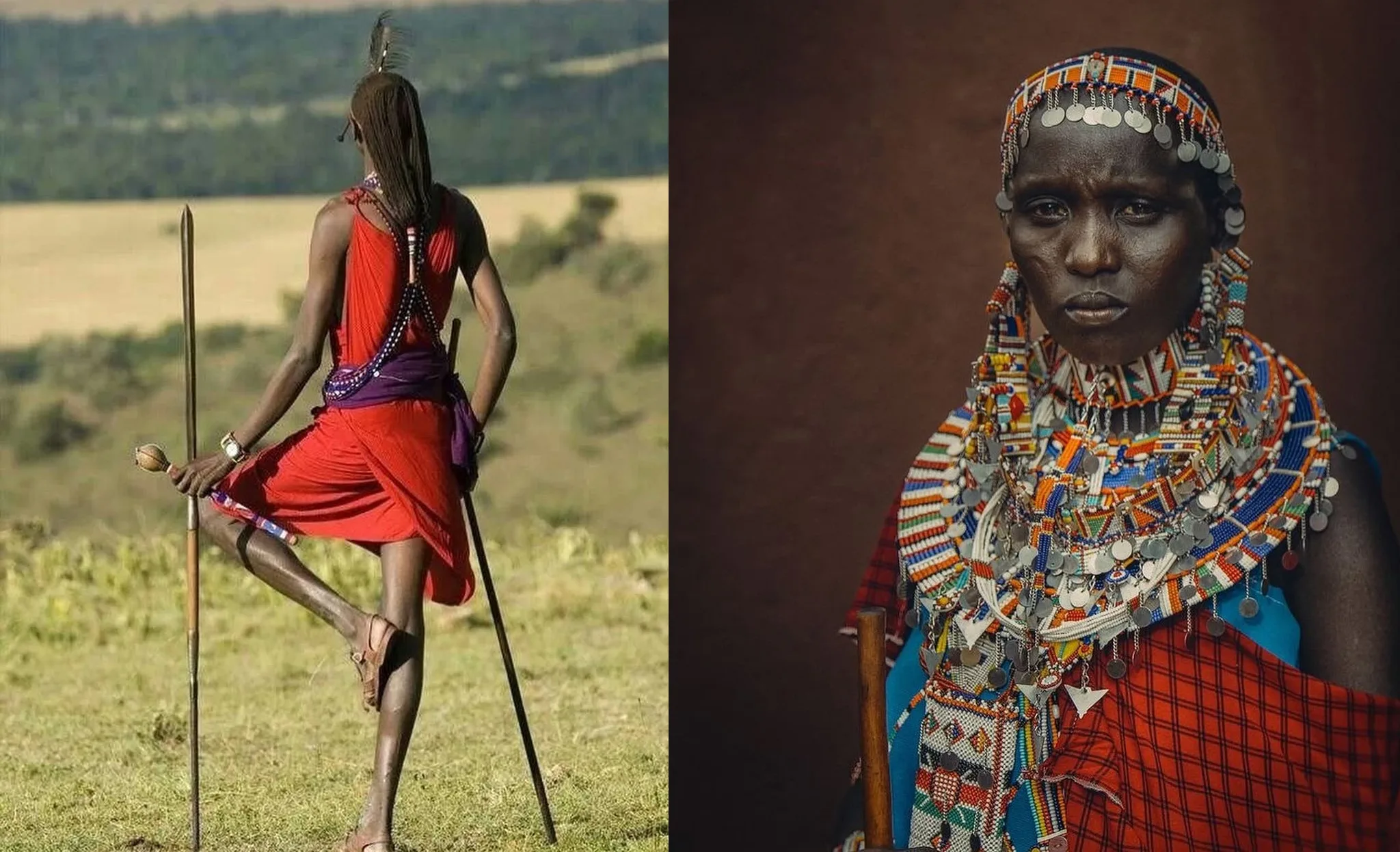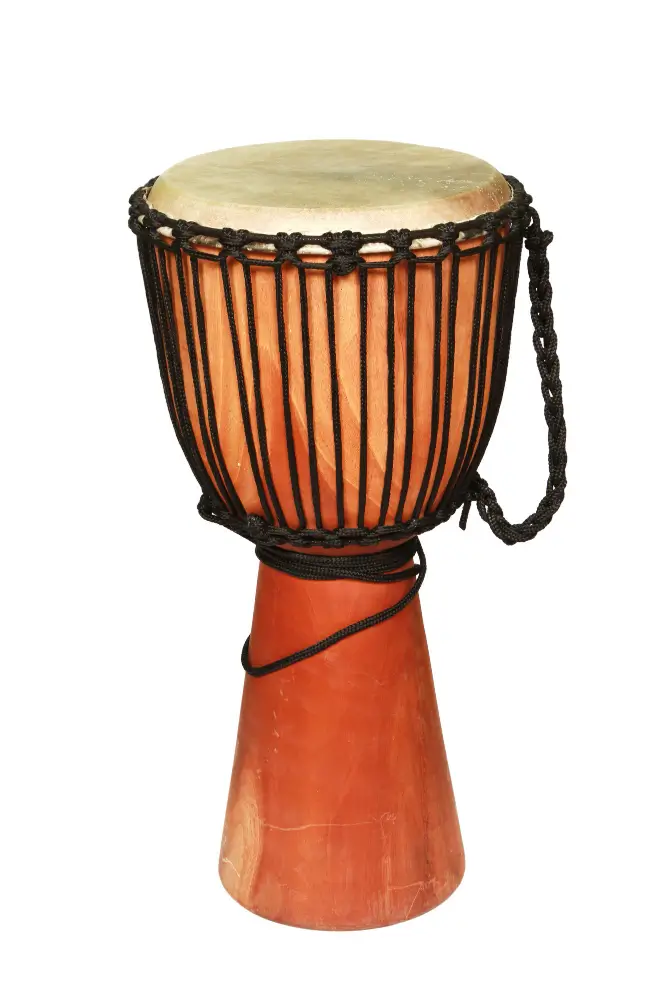The Hadzabe (or Hadza) are an indigenous ethnic group located in north-central Tanzania, primarily in the basin of Lake Eyasi and the surrounding Serengeti Plateau. They are one of the last remaining hunter-gatherer societies in Africa. Their unique language, social structure, and reliance on ancient survival skills make them culturally distinct from all neighboring groups.
A visit with the Hadzabe offers a direct look into a way of life that has remained largely unchanged for thousands of years. Kenya Peaks Adventures facilitates respectful cultural visits that are coordinated with the community.
A Hunter-Gatherer Existence of Hadza People of Tanzania
The most defining attribute of the Hadzabe is their lifestyle. They are true hunter-gatherers, meaning they do not practice agriculture or keep livestock. Their entire diet is sourced directly from the wild environment. This reliance on hunting wild game and foraging for plants dictates their semi-nomadic patterns, as they move their small camps based on seasonal food availability and weather.
Their economy is immediate; they hunt and gather what they need for the short term. This lack of surplus or long-term storage is a fundamental aspect of their culture and has contributed to their historically egalitarian social structure.
The Hadzane Language: A Click-Based Isolate
The Hadzabe speak Hadzane, a language that is entirely unique. It is considered a language isolate, meaning it has no known genealogical relationship to any other language in the world. While it shares the characteristic "click" consonants with the Khoisan languages of Southern Africa, it is not related to them.
The clicks are an integral part of the language, used as consonants alongside more familiar sounds. This linguistic distinction is a key marker of their long and separate history in the region.
An Egalitarian Society Without Chiefs
Hadzabe society is remarkably egalitarian. There are no official chiefs, elders, or leaders who hold authority over the group. All individuals, both men and women, are considered equal, and decisions are typically made through group consensus. This flat social structure is a direct result of their hunter-gatherer lifestyle, where cooperation is valued over hierarchy.
Food is shared throughout the camp, and personal possessions are limited. This system prevents the accumulation of wealth or power by any single individual, reinforcing the community's cooperative nature.
Hunting and Foraging Techniques of Hadzabe People
Survival depends on a deep knowledge of the environment, with labor divided into complementary roles.
Men as Hunters
The primary role of men is hunting. Their main tool is the bow and arrow, which they craft themselves. For larger game, they treat their arrowheads with a powerful poison made from the sap of the Desert Rose plant (*Adenium obesum*). They hunt a variety of animals, including birds, small mammals like hyrax, and occasionally larger game like baboons.
Women as Foragers
Women are responsible for foraging, which provides the majority of the group's diet. They gather berries, baobab fruit, and edible tubers dug from the ground with digging sticks. Honey gathering is also a critical activity, often undertaken by both men and women, who follow honeyguide birds to locate beehives.
Modern Realities and Cultural Tourism for Hadzabe Tribe
The Hadzabe face significant pressure on their traditional lands and way of life. Encroachment from neighboring pastoralist groups like the Datoga and agricultural communities has led to deforestation and increased competition for natural resources. This has made their hunter-gatherer existence more challenging.
In response, cultural tourism has become an important source of income for many Hadzabe communities. This involves inviting visitors to join them for a short period to observe their daily life. While it provides necessary cash, it also presents challenges to their cultural integrity.
A Respectful Visit with the Hadzabe
A visit to a Hadzabe community is an educational and humbling experience. It is not a performance but an opportunity to observe and participate in their daily routine. A typical visit involves joining the men on an early morning hunting trip or walking with the women to learn about gathering edible plants.
These visits must be arranged through trusted local guides who have long-standing relationships with the community. This ensures the interaction is respectful, non-disruptive, and that the economic benefits go directly to the families involved. To arrange a respectful cultural visit, please contact us to discuss the details.





